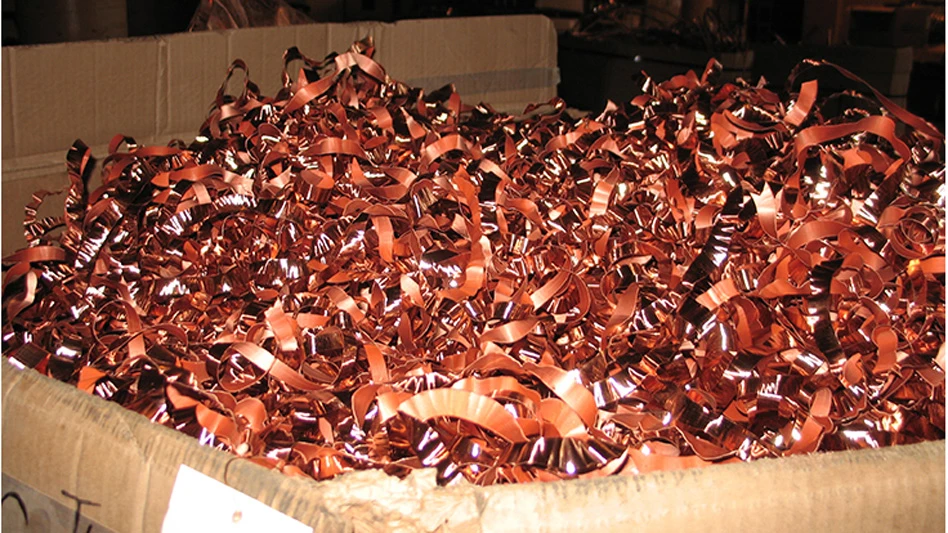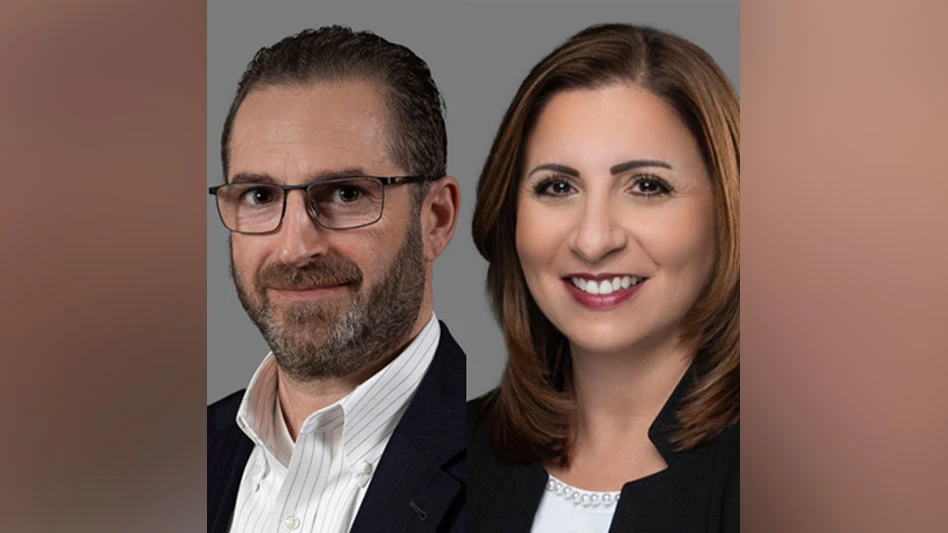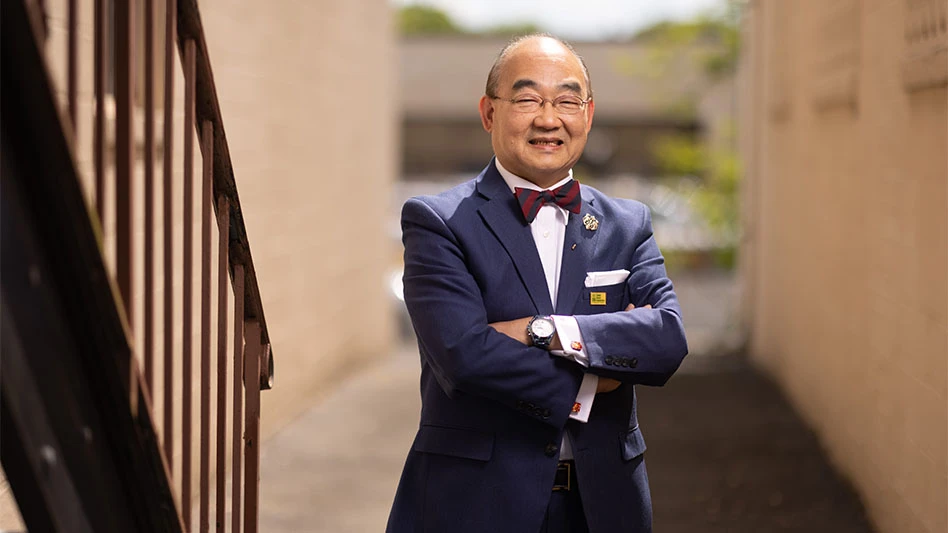Johnny Green
 As a young girl, author Sarah Tyler Decker recalls recycling as a way of life in the California town where she lived. Unfortunately, she says, recycling is not as routine for Americans as it could and should be, and much of that has to do with awareness.
As a young girl, author Sarah Tyler Decker recalls recycling as a way of life in the California town where she lived. Unfortunately, she says, recycling is not as routine for Americans as it could and should be, and much of that has to do with awareness.
Decker—who is married to the division manager of solid waste and recycling for the city of Roanoke, Va.—wrote the children’s book Johnny Green and the Little Green Man. In the 44-page book, Johnny encounters a little man dressed in green who claims he is lost from the recycling center. Johnny takes him home, hides the green man in his closet and over the next several days Johnny learns a big lesson about recycling: The little green man has grown so big because he ate all of the recyclables in Johnny’s home.
Decker explains that children develop lifelong habits at an early age and that recycling should be a habit “we all are doing without thinking twice about.”
She continues, “And further, I do believe that children teach adults, so … I’m kind of hoping that my reverse psychology will work on adults as well. This is a responsibility we all share; besides, we really don’t want a visit from the little green man.”
Did you know? 2.5 million plastic bottles are used by Americans every hour.
– This is a statistic that surprised Susan Tyler Decker during her research.
Recicla más. ¡Es facilísimo!
 he King County Solid Waste Division (KCSWD), Seattle, has been honored with two certificates of excellence for its Spanish-language curbside recycling education program, “Recicla más. ¡Es facilísimo!” (“Recycle More. It’s very easy!”), by the Public Relations Society of America (PRSA). The PRSA awarded KCSWD one certificate for its radio advertising for research into the audience needs, while another was presented for the program design.
he King County Solid Waste Division (KCSWD), Seattle, has been honored with two certificates of excellence for its Spanish-language curbside recycling education program, “Recicla más. ¡Es facilísimo!” (“Recycle More. It’s very easy!”), by the Public Relations Society of America (PRSA). The PRSA awarded KCSWD one certificate for its radio advertising for research into the audience needs, while another was presented for the program design.
Gerty Coville, project manager of KCSWD, says as the Spanish-speaking population grows in the area, it is important to have leaders who can serve as recycling advocates. The program has done just that as the trained group of community members is entering its second year of learning the ins and outs of recycling, she says.
Yes to EPS
In January 2013, Wal-Mart announced it would buy an additional $50 billion in U.S. products during the next 10 years.
North Brunswick, N.J.-based Princeton Moulding Group LLC (PMG) is one company that has seen an uptick in business as a result of the world’s largest retailer’s sourcing move. Gary Frederick, founder PMG, which uses recycled expanded polystyrene (EPS) to make picture frame moldings, says he has hired additional employees, while several of PMG’s customers have reported an increase in their domestic programs directly because of Wal-Mart’s decision.
Frederick—who says he collects EPS from recycling centers and collectors and processes 300,000 pounds of it each month as an end user—is reaching out to more sources as demand increases. “We’re growing, and I have to find new EPS sources now,” Frederick says.|

Sponsored Content
Still relying on manual sorters?
Let AI do the heavy lifting. Waste Robotics delivers reliable, high-performance robots tailored for complex waste streams. They require minimal maintenance, are easy to operate, and are designed to boost your recovery rates. Smarter sorting starts with the right partner. Waste Expo Booth #1969 & REMA #2843
Click here to see our robots in action!
Do you have a unique recycling-focused story? Please send a press release to Megan Workman at mworkman@gie.net.
Get curated news on YOUR industry.
Enter your email to receive our newsletters.

Explore the May 2014 Issue
Check out more from this issue and find your next story to read.
Latest from Recycling Today
- Nexwaste acquires 3 Texas businesses
- Maryland EPR bill awaits signature
- ABTC sells Fernley, Nevada, property
- Aqua Metals developing LFP recycling process
- RMR ceases shredding operations in Newport, Kentucky
- Bluewater streamlines solar panel replacement, recycling in Bermuda
- Steve Levetan to receive ReMA Lifetime Achievement Award
- ReMA, Germany’s VDM issue joint tariff statement







